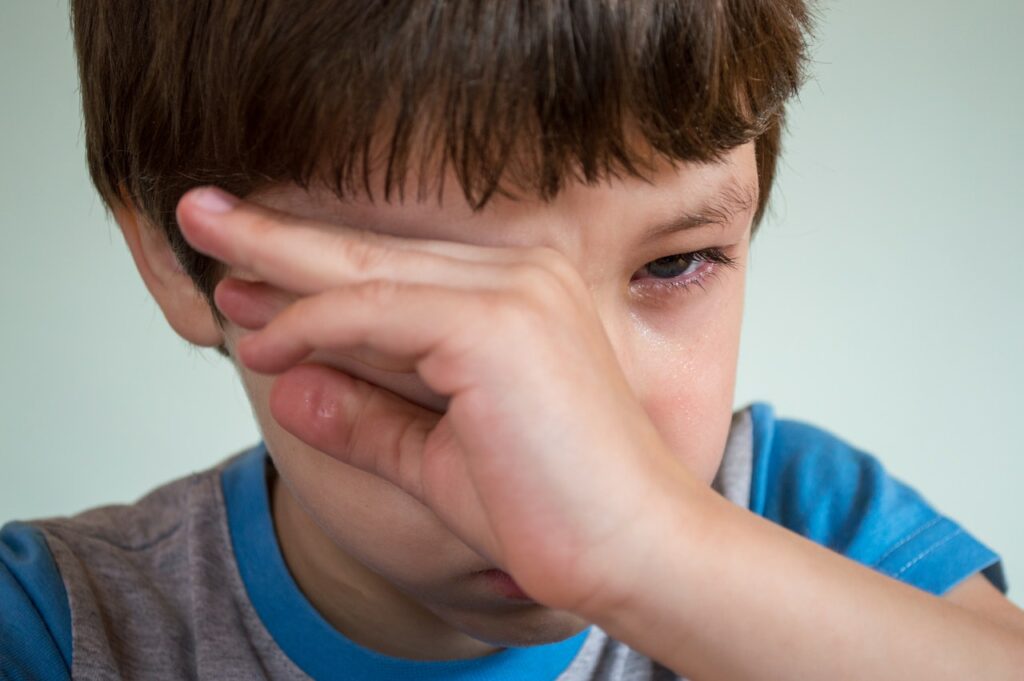Abdominal pain or Stomach Ache is a common reason for children to visit their pediatrician. In fact, it is one of the most common chief complaints for patients under 18. Most abdominal pains are mild and do not require emergency medical attention.
However, some types of abdominal pain can be life-threatening and require emergency medical care. Here are some common and less common stomach aches and when to know if your child needs to go to the emergency.
Common Causes of Abdominal Pain in Children
It’s important to remember that abdominal pain is a symptom, not an illness. There are many causes of stomach pain in children, ranging from the most common—constipation, diarrhea, and other digestive problems—to less common ones, such as appendicitis or kidney stones. The following are some of the more common causes:
- Gas: Gas can be caused by swallowing too much air (which is why burping and belching can help), or by eating certain foods such as beans or cabbage.
- Indigestion: Indigestion occurs when food moves too slowly through the digestive tract and gives bacteria time to grow and produce gas bubbles in the intestines. This type of indigestion usually results from eating too much rich food (such as chocolate), overeating, or drinking too much milk before bedtime.
- Constipation: Constipation occurs when there isn’t enough water in your child’s diet or when they don’t drink enough fluids.
Less Common Stomach Ache That Requires Emergency Attention
If your child has any of the following symptoms, go to the nearest children’s urgent care or emergency room.
Acute Appendicitis
In children under 10 years old, appendicitis usually occurs at night or first thing in the morning.
Symptoms:
- Severe stomach aches get worse over a few hours; sometimes, these pains can last for several days if the infection has already spread outside the appendix
- Nausea and vomiting that begins shortly after severe stomach aches begin (if vomiting continues for more than one hour, this may indicate another problem)
- Low-grade fever (100 degrees Fahrenheit) that lasts for more than one day
- Passing little to no urine for a period of time (8 hours or more) and feeling the need to urinate frequently
Kidney Stones
Kidney stones are most often made of calcium and other minerals.
Symptoms:
- The pain can be so severe that the child cannot walk, sit up, or even lie down.
- The pain may feel like a knife stabbing the kidney or like a constant ache.
- The child might also have nausea and vomiting.
- The urine will have a strong odor and may be pink or red.
- The child might also have pain when urinating or bloody urine.
Gastroenteritis (Viral or Bacterial)
Gastroenteritis is a common condition, affecting around one in 10 people at some point in their lives. It’s often called the “stomach flu,” but it has nothing to do with influenza.
Symptoms:
- Nausea, vomiting, diarrhea, abdominal pain, fever, and chills
- The child may have blood in his vomit or stool
- Signs of dehydration, such as lethargy and sunken eyes
Conclusion
The best way to tell if your child’s stomach ache is an emergency is by understanding the cause of the pain. If an infection or inflammation causes it, seek medical attention right away. If there are no other symptoms like vomiting or diarrhea, then try home remedies first. If you’re unsure, go to an urgent care facility.
If you need urgent care for children, contact Your Kids Urgent Care. We have facilities in Tampa, St. Petersburg, Largo, Orlando, FL, Vestavia Hills, AL, and Oviedo. We are open 24/7 and can provide you with the care you need for your child.



